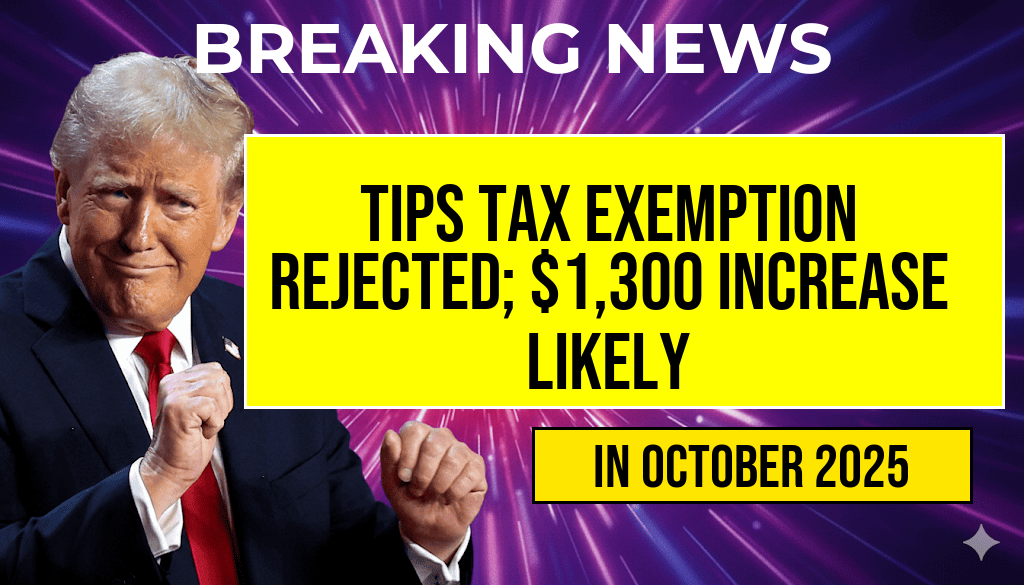Florida’s Minimum Wage Increase to $14 Hourly Could Elevate Full-Time Workers’ Yearly Income by $2,080
Florida’s recent move to raise the state’s minimum wage to $14 per hour is poised to significantly impact thousands of full-time employees across the Sunshine State. The increase, effective starting January 1, 2024, aims to gradually elevate wages over the coming years, aligning Florida’s minimum wage with rising living costs. For full-time workers clocking 40 hours a week, this adjustment could translate into an annual earnings boost of approximately $2,080, providing some relief amid inflationary pressures. While advocates see the raise as a step toward wage equity, opponents argue it could increase operating costs for businesses, potentially leading to slower hiring or increased prices. As Florida navigates this change, understanding its broader economic implications becomes essential for workers, employers, and policymakers alike.
Details of the Wage Increase and Its Scope
The new minimum wage of $14 per hour marks a $1 increase from the previous $13 minimum, part of a scheduled phased approach outlined in Florida’s voter-approved amendment. This amendment, passed in 2020, mandates annual increases tied to inflation until reaching a target of $15 an hour by September 2026. The phased approach allows businesses time to adapt to the rising labor costs while providing workers with predictable wage growth.
| Current Wage ($13/hour) | New Wage ($14/hour) | |
|---|---|---|
| $13 per hour | $14 per hour | |
| Annual earnings at 40 hours/week | $27,040 | $29,120 |
| Difference in annual earnings | $2,080 | |
This calculation assumes a standard full-time schedule of 40 hours per week over 52 weeks. The increase of $1 per hour results in an additional $2,080 annually for workers working consistent hours throughout the year. Workers earning less than this threshold or working irregular hours might see different impacts, but the overall trend indicates a meaningful boost in annual income.
Economic Impact and Industry Perspectives
Potential Benefits for Employees
Proponents of the wage hike emphasize its role in enhancing economic stability for workers. Increased earnings can improve household budgets, reduce reliance on public assistance programs, and stimulate local economies through higher consumer spending. Data from similar increases in other states suggest that wage hikes can also lead to improved employee morale and productivity, although these benefits may be offset if employers respond by raising prices or reducing workforce size.
Concerns from Business Owners
Industry groups and small business owners express caution, warning that higher labor costs could lead to increased prices for goods and services. Some fear that small enterprises with thin profit margins may face challenges in maintaining employment levels or could slow hiring initiatives. There is also concern that wage increases could accelerate automation or outsourcing as cost-saving measures. Nevertheless, studies indicate that moderate wage hikes have limited negative effects on employment levels, especially in a growing economy like Florida’s.
Broader Context: Florida’s Wage Policy and Future Outlook
Florida’s decision aligns with a trend of states adopting more aggressive minimum wage policies. According to the Wikipedia entry on minimum wages in the U.S., several states have set higher thresholds to keep pace with inflation and cost of living adjustments. Florida’s phased approach provides a blueprint for balancing worker benefits with economic stability.
Looking ahead, the state’s scheduled increases aim to reach a $15 minimum wage by 2026, with subsequent adjustments potentially tied to inflation. Policymakers plan to monitor economic indicators closely, balancing wage growth with employment stability.
Implications for Workers and Employers
- For workers: The wage increase offers a tangible boost to annual earnings, potentially reducing financial stress and improving quality of life.
- For employers: The rise necessitates adjustments in payroll budgets, especially for small businesses. Some may consider automation or price adjustments to offset higher wages.
- For policymakers: The move reflects a broader commitment to economic equity, yet ongoing assessment will determine its long-term success and impact on employment dynamics.
As Florida embarks on this wage adjustment journey, the balance between supporting workers and maintaining a thriving business environment remains central. Both sides will be watching closely as the economic effects unfold in the coming months and years.
Frequently Asked Questions
What is the new minimum wage in Florida?
The minimum wage in Florida will increase to $14 per hour, effective soon, marking a significant boost for workers across the state.
How will the wage increase impact full-time employees’ annual earnings?
If a full-time employee works 40 hours a week at the new rate, they could see an annual earnings increase of approximately $2,080.
When will the minimum wage increase take effect?
The wage increase is scheduled to take effect on [insert effective date], allowing workers to benefit from higher pay starting from that date.
Does the wage increase apply to all employees in Florida?
Yes, the minimum wage increase applies to most workers in Florida, including part-time and full-time employees, with some exceptions based on specific employment categories.
What are the potential economic benefits of the wage hike?
The wage increase could lead to increased consumer spending and improved financial stability for workers, positively impacting Florida’s economy overall.










